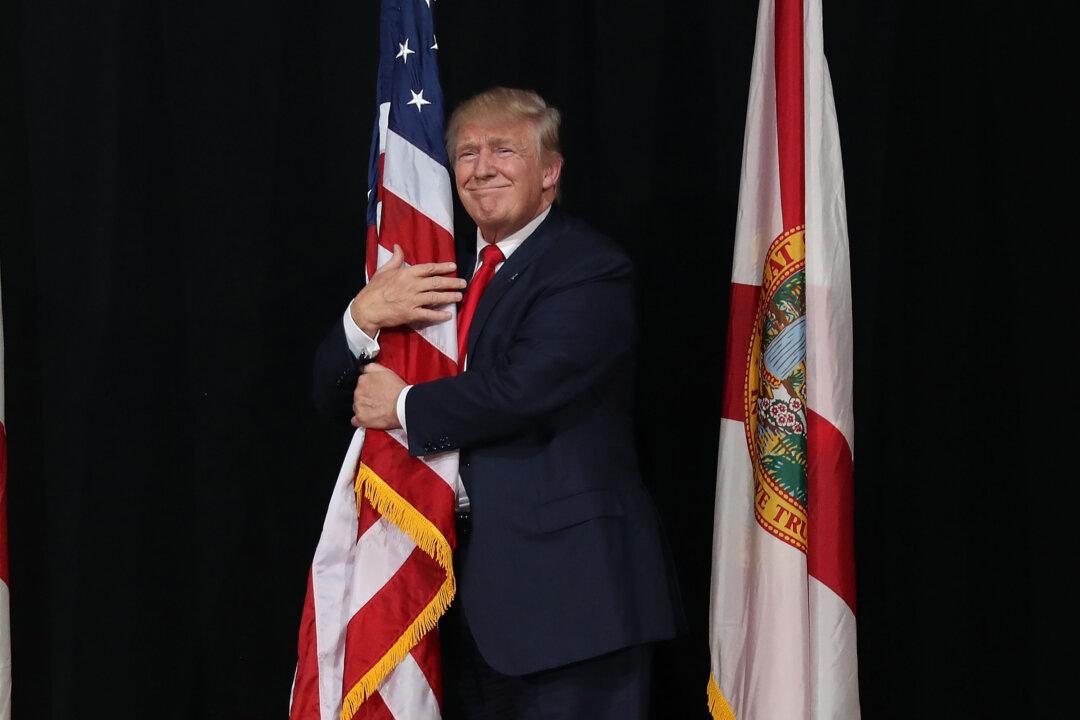President-elect Donald Trump drew ire after tweeting a proposal to ban burning of the U.S. flag.
“Nobody should be allowed to burn the American flag - if they do, there must be consequences - perhaps loss of citizenship or year in jail!” he tweeted on Tuesday morning.
But some observers noted that Trump’s latest tweet might be him setting a “trap” of sorts for media outlets. More than 10 years ago, in 2005, Trump’s Democratic rival, Hillary Clinton proposed the Flag Protection Act of 2005 when she was a senator from New York.
The punishment was similar to what Trump proposed: one year in jail and a fine of $100,000.
As the New York Times reported in December 2005, “Hillary Clinton is co-sponsoring a bill to criminalize the burning of the American flag. Her supporters would characterize this as an attempt to find a middle way between those who believe that flag-burning is constitutionally protected free speech and those who want to ban it, even if it takes a constitutional amendment.”
The Times added that with Clinton’s proposal, which was sponsored by then-Senator Robert Bennett of Utah, “It’s hard to see this as anything but pandering—there certainly isn’t any urgent need to resolve the issue.”
On Tuesday, House Majority Leader Kevin McCarthy, a Republican, commented on Trump’s proposal.
“I don’t see why someone would want to burn it,” he told MSNBC. “But we have a First Amendment right. But where I come from you honor the flag. If someone wanted to show their First Amendment right, I‘d be afraid for their own safety, but [we’ll] protect our First Amendment.”
The Supreme Court, meanwhile, issued two rulings that protect the act of burning or desecrating the flag under the First Amendment as a form of free speech. In the 1989 case “Texas v. Johnson,“ the high court issued a 5-4 ruling that said flag-burning is ”symbolic speech,“ as protected by the First Amendment. A similar ruling was handed down in a different case, ”United states v. Eichman,” when the court issued a 5-4 ruling to protect the act under the First Amendment.





